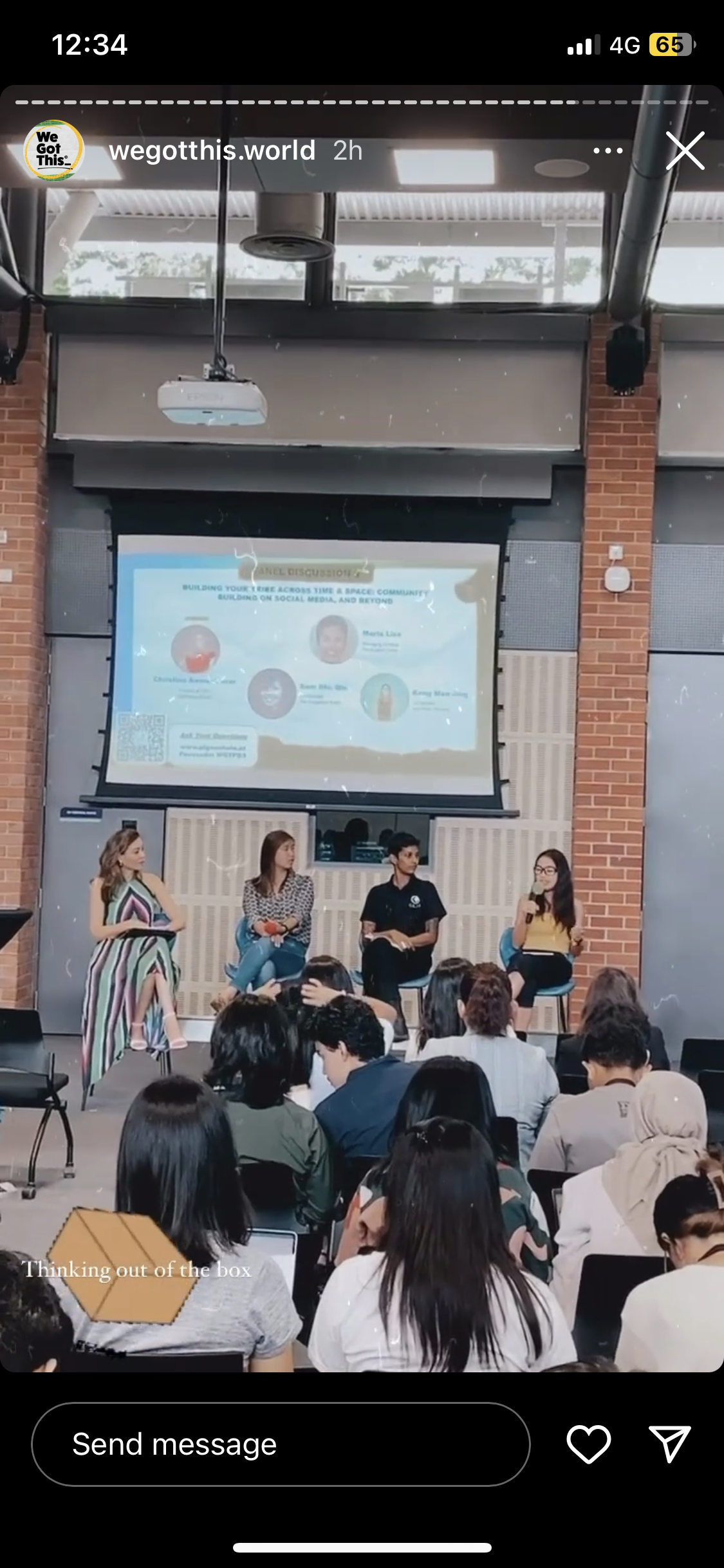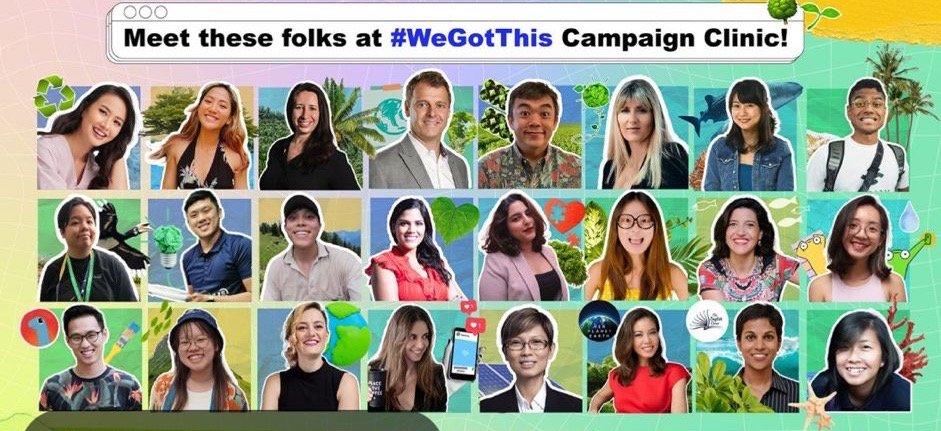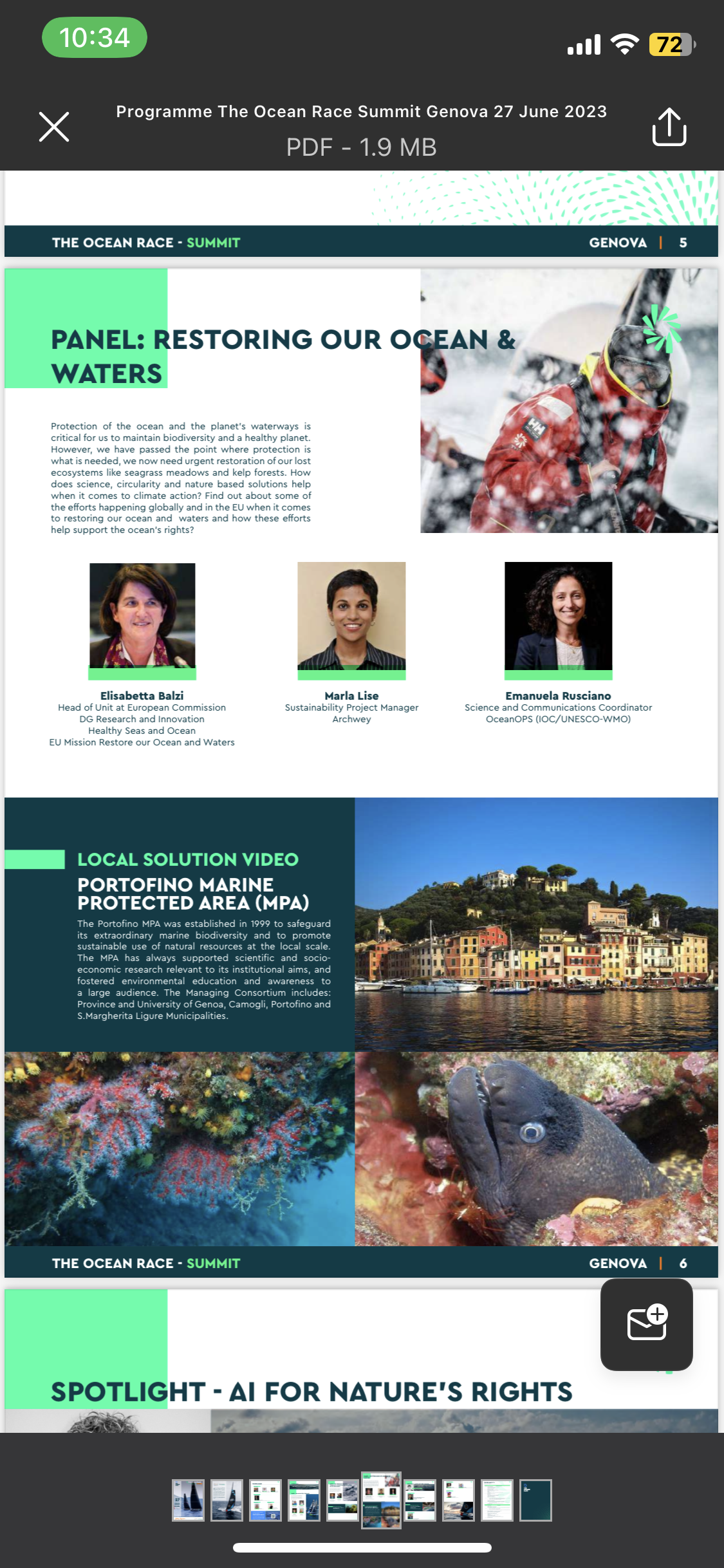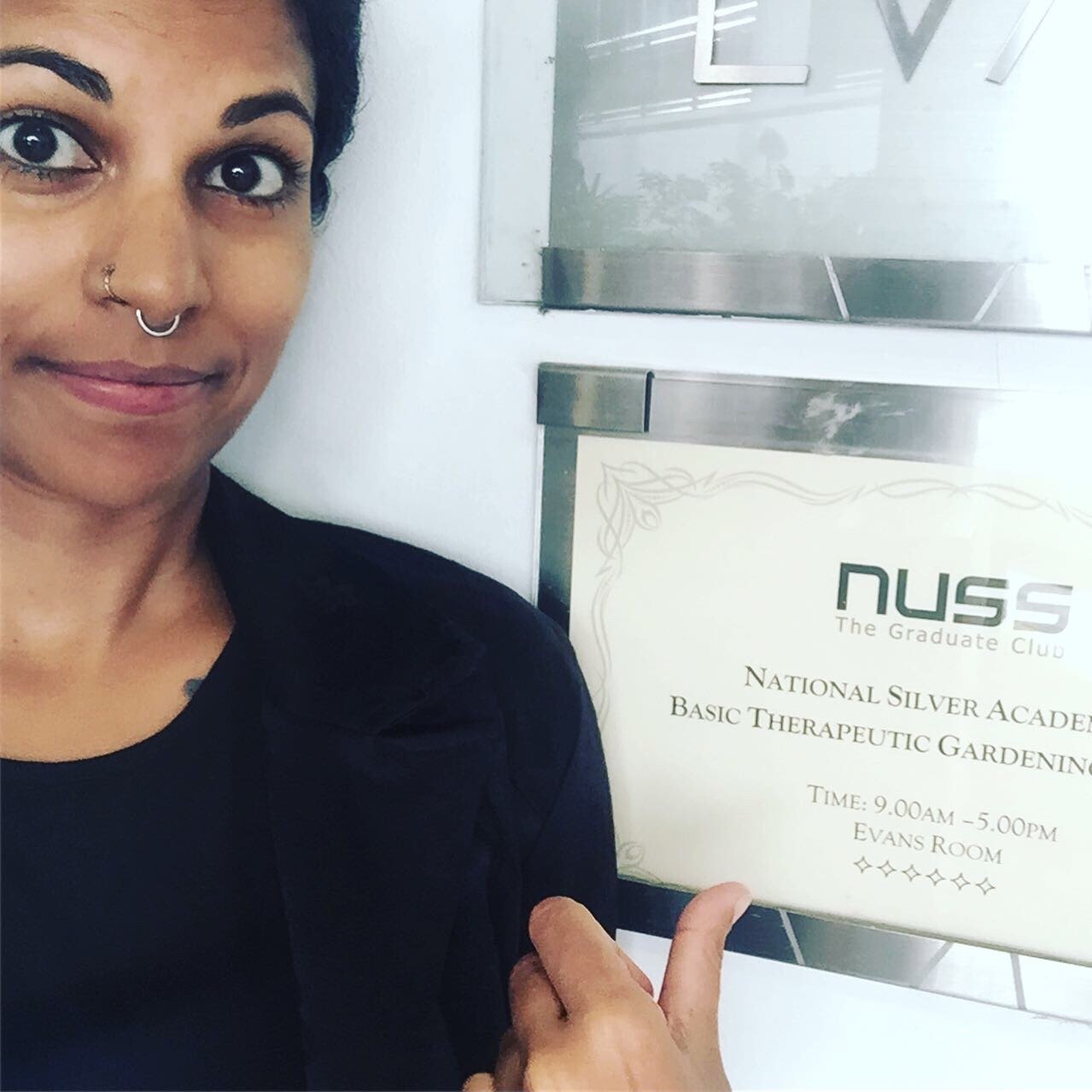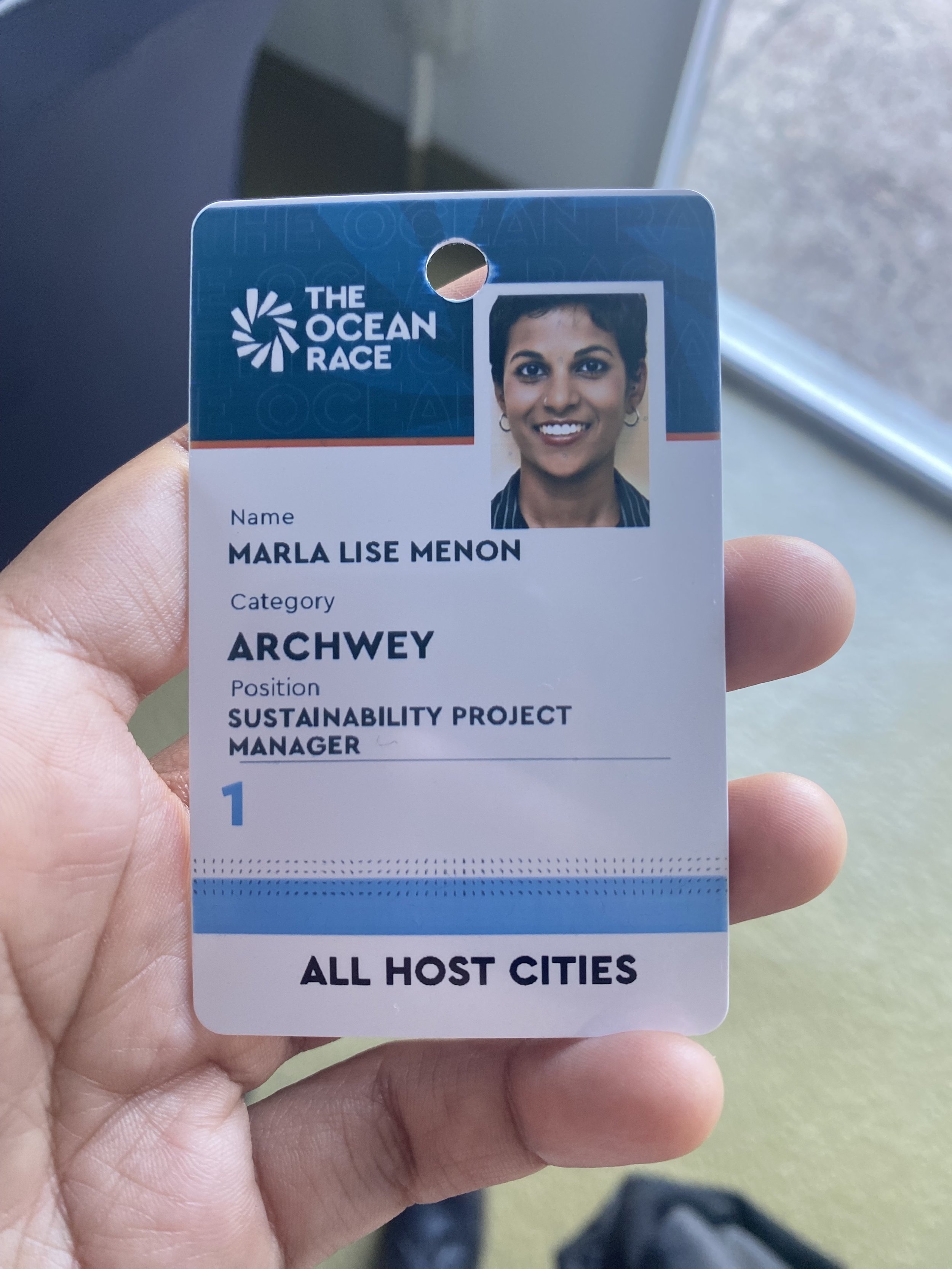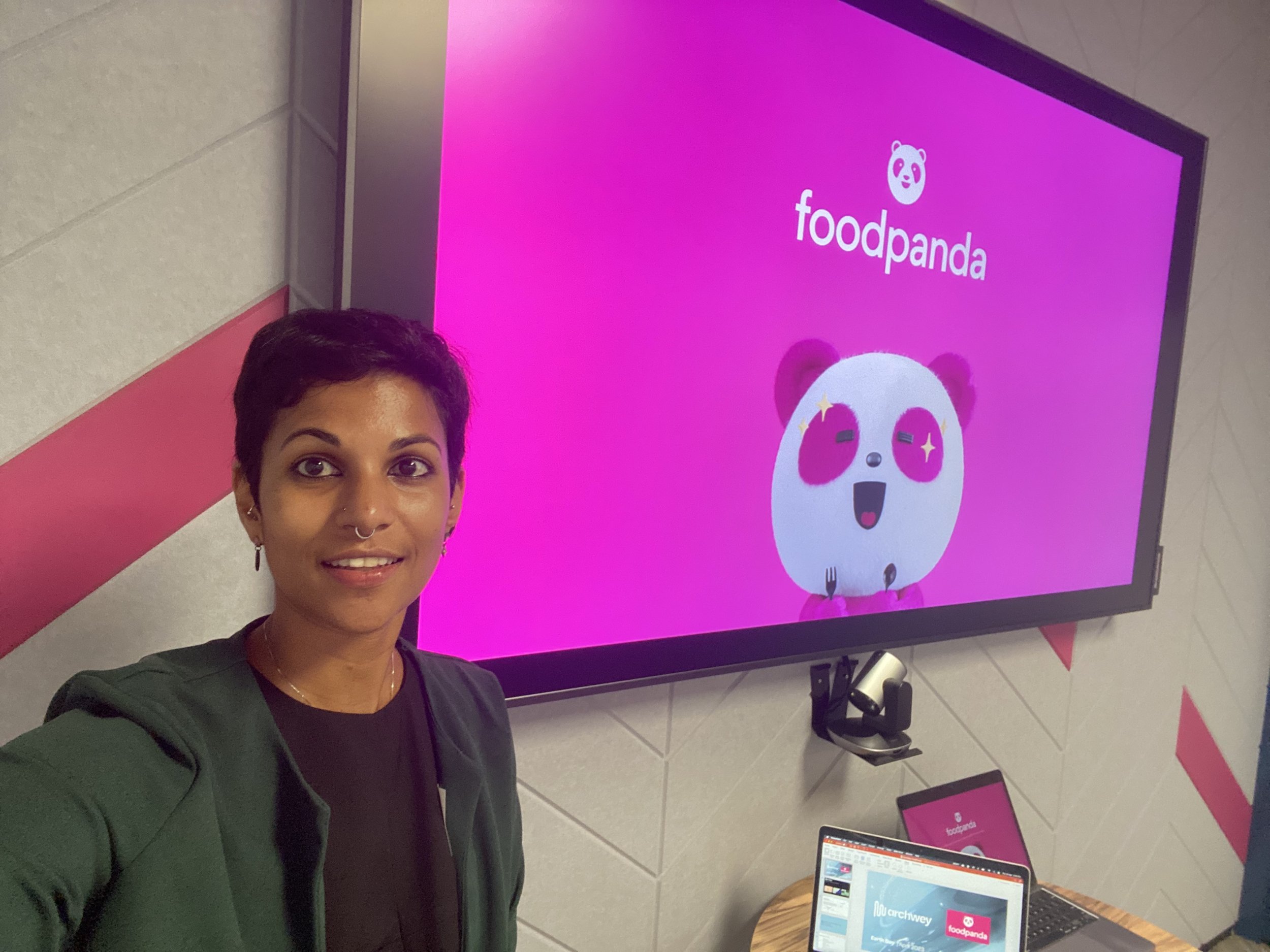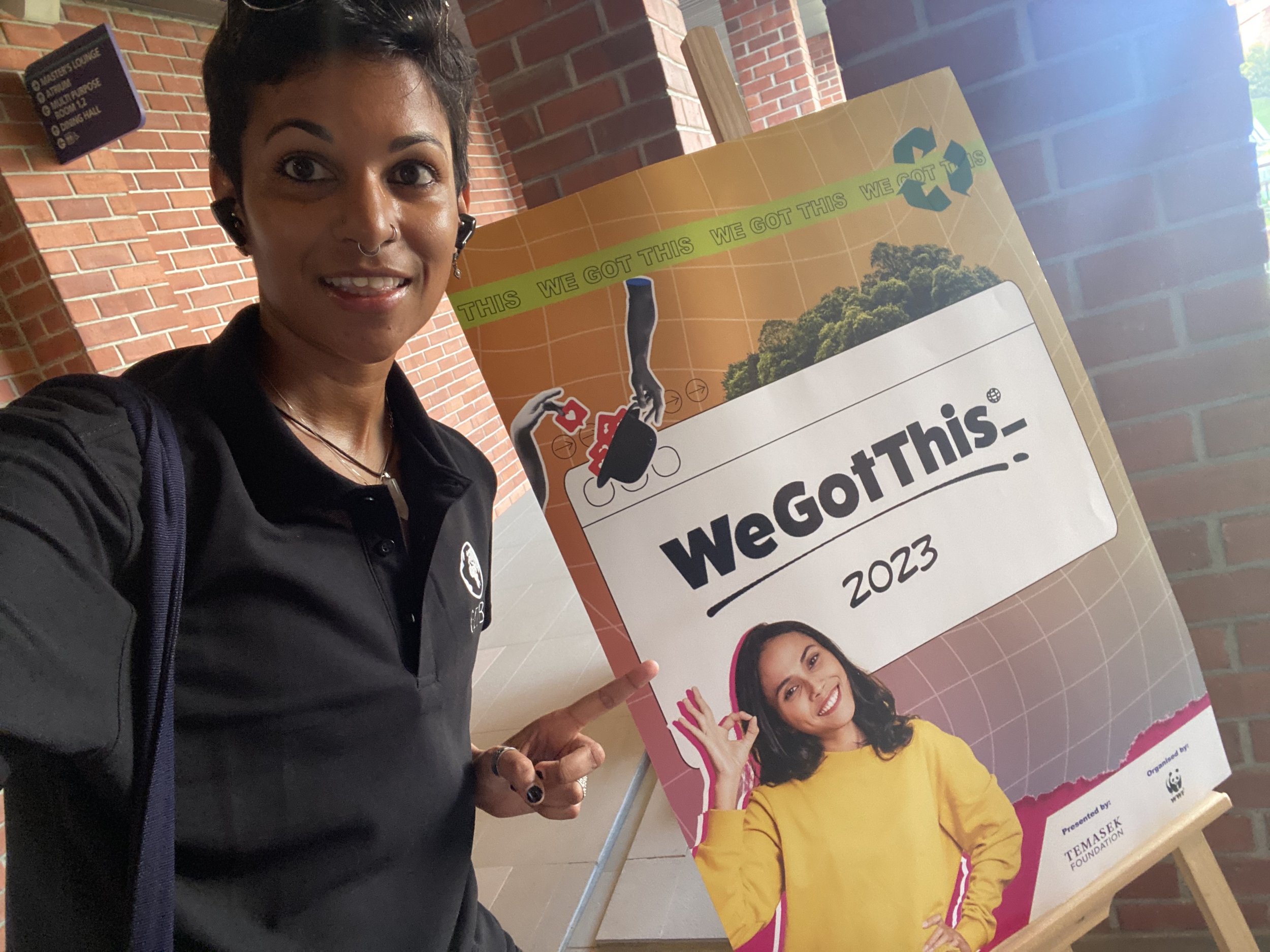Trauma
We come out of the womb screaming. For some, our first introduction to life was a smack. Doctors would, and sometimes still, turn babies upside down the minute they see their first light of day and smack them in order to start them crying, filling their lungs with terrestrial oxygen and shepherding them into the world of the dry-skins. They’re then immediately whisked off to a bassinet, not before the umbilical cord is slashed, away from the familiar warmth of slimy amniotic fluids. After 9 months of cosy, nonchalant mer-life, they’re hastily hurried into the world of responsibilities, difficult decisions, emotions, desire, and aversion.
In 1974, Frédérick Leboyer published his book, Birth Without Violence to address the question of whether childbirth could be as traumatizing to the newborn as the mother. He was one of the only people who thought like this. Despite his views, the torturous tradition of welcoming births with violence continued.
Whether or not we were whooped within a millisecond of breathing, we were all born with some sort of trauma. Mark Wolynn’s book, It Didn’t Start With You, explores the idea of inherited family trauma. The book shows how “traumas of our parents, grandparents, and even great grandparents can live in our unexplained depression, anxiety, fears, phobias, obsessive thoughts and physical symptoms.” “Secondary PTSD” is the term now used to identify trauma developed from indirect exposure to one or cumulative traumas. Philosophers and psychologists have found that trauma doesn’t just flow in our systems from our immediate lineage. Historical Trauma, Colonial Trauma, and Intergenerational Trauma hold some of the explanations to the behaviours of today.
We’re all on the defence. Every one of us. We live in a vicious cycle. We carry trauma, both our own and that of our past, past lives, and our ancestors’ past lives. Because of this trauma, everything is a risk we live to prevent. We work to prevent the risk of being poor and not having enough. We love to prevent the risk of being alone. We conform to prevent the risk of not fitting in. We obey to prevent the risk of being reprimanded. Our head tells us, “It’s a scary world. Don’t risk it. Get that job. Buy that house. Conform. Consume.”
Our heart on the other hand, holds the narrative of that barely-formed baby in the womb. “What a great adventure this could be. I want to save the world. I want world peace. I want to fall hopelessly in love. Unicorns and butterflies.”
This constant battle between the heart and the head continues and keeps us on the defence. We’re insecure, indecisive, inadequate. We’re unhappy. So, we drown our sorrows in jobs we don’t like, things we don’t need, and food we know is bad for us. Our masks are made from puzzle pieces of Prada, Wagyu, and Bitcoin fit together to make a freaky, devious grin. We wear them because we have to.
Now, masked crusaders, we march down the road of unhappiness. The head says, “If I cannot be happy, neither can you.” Armed with capes of capitalism and weapons of growth, we steal and we kill - people, animals, plants, dreams.
Instead of dealing with our trauma, we just create more.
Hate begets hate.
We call this human nature – ‘the fundamental dispositions and traits that all humans have’. But what if human nature was not natural? What if everything we do is in response to a trauma? More importantly, what if we had the chance to stop the cycle and create new inherent human traits? What if we could reprogram human nature?
Human nature has led to the destruction of our planet. It is human nature not to lose out, to be like others, to be known. We stoke the fire of our damaged egos.
Insecurity is rife, especially among the most powerful.
Hitler for example carried not just the trauma of his past, but the trauma that emerged from watching his parents together as a young child. The Oedipus complex that the experience left him made him jealous, a masochist, and a very indecisive person. He managed his insecurities through “brute strength, physical force, ruthless domination, and military conquest." He was also ashamed of his mixed heritage, which then led to genocide.
As easy as it is to hate, point fingers, and judge, I’m sure we can all see examples of insecurity and coping mechanisms in ourselves. We’ve all had something done or not done, or something said or not said to induce our own trauma.
The problem is, we’re all moving at robotic, hyper speeds that very few of us have the time to stop and think about our responsive behaviours, impulsive reactions, and repeated situations to figure out what is causing all of this and more importantly how to fix it. Thus breaking the cycle.
So, we continue.
What if we could go through a systemic change and overhaul the machine that we have created? What if we could stop negative behaviours, be rid of inflated egos, and erase insecurities? What if we could replace trauma with healing?
Some scoff, “Pfft. Fairytales!” A utopian version of our dystopian lives. But the heart wrote those books, the heart fell in love with those stories, the heart still dreams of the happily ever after.
Why don’t we listen to the heart and stop being driven by the hurt in the head?
Why isn’t human nature the nature that we’re all longing for rather than the trauma that propels us into oblivion?
You see, human nature isn’t natural at all.


